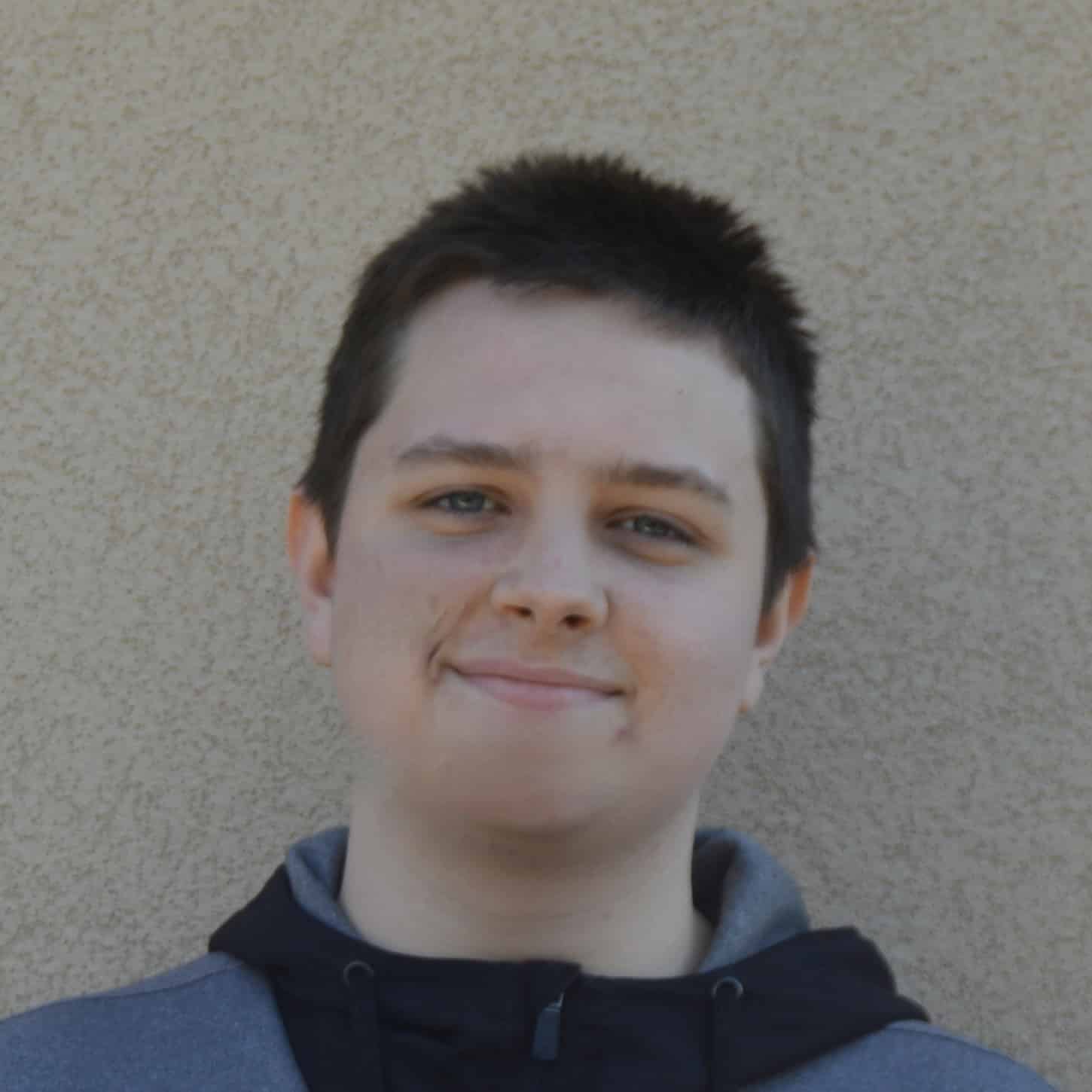
Wonderland by Rhys Guilfoyle
The students were tasked to “picture yourself in Wonderland.” The prompts included the Beatles song, “Lucy in the Sky with Diamonds,” which was inspired by a child’s nursery school drawing and the imagery of “Alice in Wonderland.”
We are featuring three very different approaches to the topic. Jayla takes us (and two of her fellow students) down the rabbit hole. Rhys considers it from the perspective of a real world trek to reach America from Colombia. And Kendall reminds us that Wonderland is always within us.
WONDERLAND
There is no opportunity in my country. I can’t make enough to support myself. I have to go to America. America seems like a wonderland. I won’t be persecuted for what I say, I can practice my own religion, and it has good paying jobs. But how do I get there? I have no visa or a green card. I have to make it there myself.
I started off in Colombia to make it through the Darien Gap to Panama. Hundreds of miles of jungle are between me and freedom. The cartels set up a sophisticated operation to move us; they’re trafficking us. They told us it will only be a two-day walk. I use my savings to buy water, some clothes, and to pay the fees. As soon as we make it on the trail, it’s nothing like the cartel said it would be. The mud grips your feet and pulls you down. People lose their shoes and have to walk the rest of the trip barefoot. Cartel members get paid to carry luggage and children up the mountains. Children scream for their parents because they got left behind.
When we made it to our camp, people were snatched out of their tents by masked men with machine guns and machetes, never to be seen again. The cartel had lied about it being a two-day walk, it was five days. A man snagged his foot on a rock and broke his foot. Everyone just walked by and left him there. A much as I wanted to help him, I had to keep going.
There was a clearing next to a river where people had to get on boats. The cartel wanted to make as much money as they could, but they threw so many people into the boats that water was getting in over every wave. Human skulls and dead bodies floated in the water and rested on the riverbed. We made it to camps—one was a newer camp run by the Panamanian government, while the other was the cartel’s camp. There was no electricity, no plumbing, and sick people were throwing up everywhere. Buses that would take us out of here arrived hours late. The people who couldn’t pay were left behind to work until they could get a ticket to leave. When the buses arrived, it was a stampede to get on. I managed to get on, but I lost my bag in the process, I had no more money, but I still had my life.
I lived in Mexico, working several jobs to save up enough money to finally make it to America. When I crossed the border into America, heavy weights were lifted off my shoulders. I could finally get what I always wanted, a better life.
Rhys Guilfoyle
4/21/23


